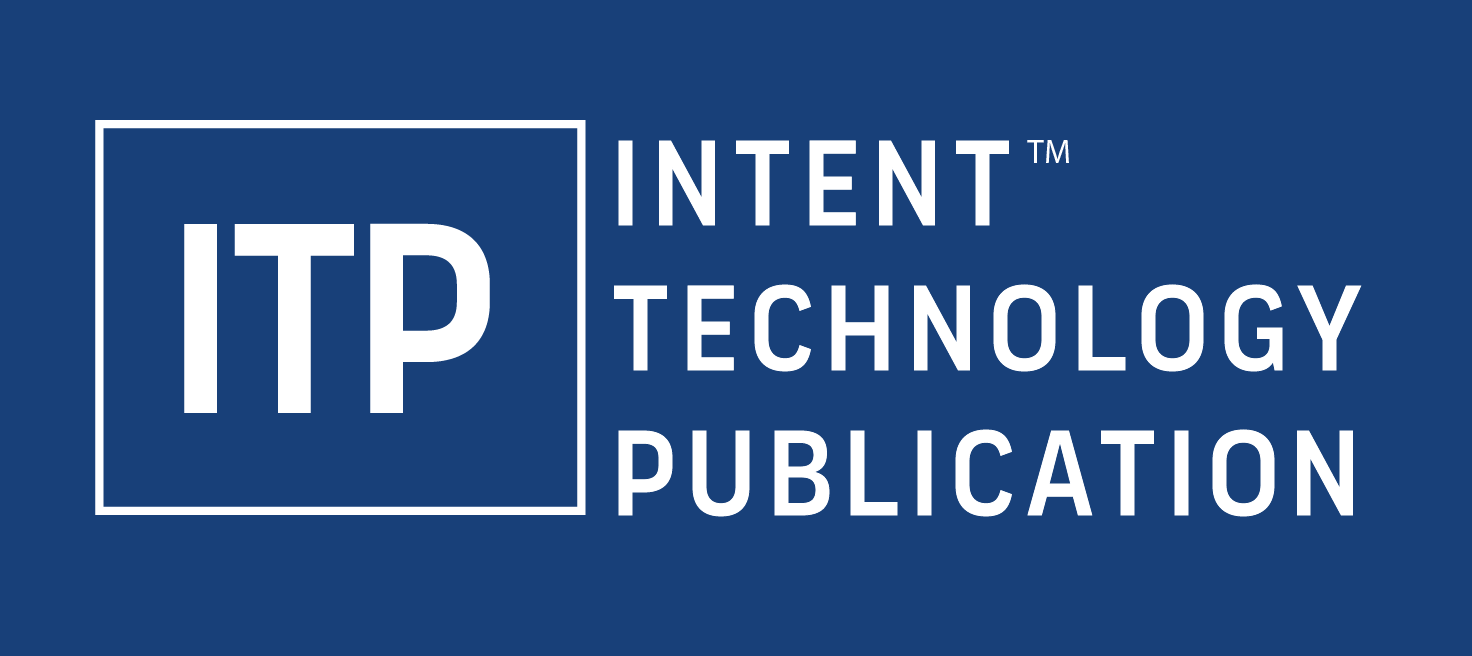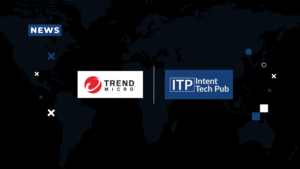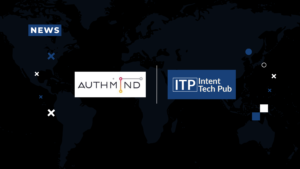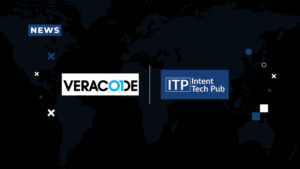or call: +1 (520) 350-7212

A new IBM study reveals that incomplete data impedes the advancement of environmental, social, and governance goals.
- Insufficient data is the top roadblock executives cite for slowing ESG progress (41%).
- Only 4 out of 10 surveyed consumers believe they have enough information to make employment (37%) or purchasing (41%) decisions that are environmentally responsible.
Inadequate data is a major obstacle for both consumers and business executives when it comes to achieving personal and corporate Environmental, Social, and Governance (ESG) goals, according to a recent study by the IBM (NYSE: IBM) Institute for Business Value (IBV), “The ESG ultimatum: Profit or perish,” of executives and consumers. The study found that while consumers and business executives continue to place a high priority on environmental sustainability.
According to the study, executives who were polled cite a lack of data (41%) as the biggest barrier to their ESG progress, followed by legal restrictions (39%), inconsistent standards (37%) and a lack of skills (36%). Companies find it difficult to meet customer expectations for greater transparency and to access, analyse, and comprehend ESG data, which is a key stakeholder.
While 74% of surveyed executives believe that stakeholders are aware of the ESG goals and performance of their companies, only 41% of surveyed consumers feel they have access to enough information to make environmentally friendly hiring or purchasing decisions.
According to Jonathan Wright, Global Managing Partner Sustainability Services and Global Business Transformation, IBM Consulting, “consumer commitment to environmental sustainability and social responsibility has intensified with consumers voting with their wallets.” “Businesses must prioritise transparency and remove barriers to ESG data because the majority of consumers choose to work for and purchase from ESG leaders,” states the report.
Other research results include:
Businesses are investing in ESG because they see its benefits.
- ESG is essential to their business strategy, according to 76% of executives surveyed.
- According to nearly three-quarters (72%) of the executives surveyed, ESG is a revenue enabler rather than a cost centre, which suggests that, in contrast to popular belief, ESG and profitability are not mutually exclusive.
- According to 76% of executive respondents, their company prioritises ESG outcomes over merely meeting reporting requirements.
Although consumer commitment to sustainability has grown, consumers don’t feel they have access to enough information to make wise decisions.
- Approximately two-thirds of the consumers surveyed say that social responsibility and environmental sustainability are very or extremely important to them.
- While more than half (51%) of those surveyed claim that cost of living increases have made it harder to make environmentally friendly decisions in the past year, about six out of ten (60%) claim that at least half of their purchases were marked as environmentally friendly or socially responsible.
- Only one in three surveyed consumers say they have enough knowledge to make wise financial decisions.
Executives acknowledge that their companies haven’t made much progress towards ESG goals and that data challenges make it difficult for them to track their progress and satisfy customer demands.
- 90% of executives who responded to the survey claim that their companies have created ESG propositions, but only 10% claim that they have made any real progress.
- 73% of executives in the survey say their companies struggle to manage an abundance of manual data, and 7/10 say they have trouble combining or manipulating data.
The study focuses on ESG leaders, a subset of respondents who have demonstrated a higher level of maturity in operationalizing ESG, and who are experiencing increased revenue, improved profitability, and deeper customer engagement as a result of approaching ESG as a transparency play that generates strategic business opportunities. By automating ESG processes and reporting capabilities to keep data current, utilising AI for improved performance insights, forward-looking analysis, and scenario development, cooperating with ecosystem partners on ESG metric definitions and standards, and proactively establishing ESG data governance principles with stakeholders, these role models offer a roadmap for organisations looking to overcome data-related challenges and bring about sustainable change.
“Data are the foundation of ESG. The time is now for businesses to take action. By making ESG plans operational, businesses are equipping their employees with the knowledge they need to make daily business decisions that will have a positive impact on the environment “Wright opined. Organizations should implement a sustainability roadmap that includes the technologies, services, and ecosystem partners that can position them for greater business success and help them address regulatory compliance, according to Wright, if they want to increase stakeholder support and meet ESG reporting requirements.
Study Techniques
In order to learn more about their organisations’ ESG strategy, approach, and operationalization, as well as what benefits they anticipate from ESG initiatives and how they balance ESG against other business objectives, the IBM Institute for Business Value (IBV) polled 2,500 executives from 34 countries and 22 industries. In addition, the IBV polled more than 20,000 consumers in 34 countries about their views on sustainability and social responsibility as well as how these attitudes affect their choices in areas such as investing, hiring, and career paths.
Concerning the IBM Institute for Business Value
The IBM Institute for Business Value, IBM’s centre for thought leadership, combines performance data and global research with the knowledge of prominent academics and business leaders to produce insights that help managers make better decisions. Visit www.ibm.com/ibv to access more top-notch thought leadership.



